AIS
“You’ve had a great career, what are you trying to prove?”
When I was young I played all the ‘tall people’ sports. Netball, basketball, touch.
And when I was eight, mum put my sister and me into karate to learn self-defence.
I was the more introverted of the two and when I was ten my sister went into a competition that I was too shy to enter. She came home with a huge trophy, almost as big as her, and I was very jealous.
It’s a little embarrassing that was part of my motivation to become better but from there I started to have okay results at the national level, got selected for Oceania events when I was 14, and the following year I went to the junior worlds. It kept going from there.
Mum was a single parent and we didn’t have heaps of money. On reflection, karate has provided an avenue to have a life that I wouldn’t have had the opportunity to otherwise.
For most of my career, I’ve been self-funded. My first South Australian Sports Institute scholarship came when I was 37. That was awesome, and through that I’ve met some other athlete mums.
My mum and sister went without a lot to support me. There was a lot of sacrifice and I’m eternally grateful for those opportunities. If I think about the places around the world I visited and my sister had to stay home… it was a different opportunity. The things you see, the friendships you make.
I’ve only really started to reflect on it in the last couple of years because it’s coming to an end.
And having my own children has helped me understand the sacrifices my own mum made; understanding how hard it must have been for her to work full time, get me to training and get my sister to places.
We never went without. We were pretty basic, but at the time I didn’t feel like I was missing out on anything and I appreciate that so much more now. Mum did everything on an absolute shoestring.
Pregnancy and back into karate
I had some strong years in my early 30s – 2011 and 2012. I went to Paris in 2012 for the worlds having medalled at a couple of international events earlier in the year.
In karate, the worlds are on a two-year cycle and after Paris I thought about having kids without having decided if I’d compete afterwards.
I felt if I decided to stop then I’d had a fantastic career, having represented Australia for 17 years and done some amazing things.
I was pregnant with my twin girls in 2013, watching our Australian Open online. I just really missed it. I remember thinking “I’ll be back”.
I went to the nationals when I was pregnant and watched my division and was a little jealous. I was super happy I was having my kids but at the same time I felt that there was a piece of me missing.
It wasn’t a normal pregnancy. I didn’t know how my body would react or how I would come back but I knew I would be involved in karate again in some way. I had that fire. I’ve always thought I would know when it was time to retire, and I haven’t felt that yet.
I had done a lot of strength and conditioning while pregnant trying to keep my body the best it could be.
My girls were born in November, premature, so they were in hospital for several weeks afterwards. That helped in a way, allowing me time to recover and get my body back in shape and back onto the dojo.
I’ve always thought I would know when it was time to retire, and I haven’t felt that yet.
The Australian Open is in April and I came second. It was hard as I’d won the past four but I was happy competing and felt absolutely no pressure because no one was expecting I’d be competing five months after the girls were born.
I talked to one of our national coaches and told him I wanted to try for the worlds. He said “It’s your spot for someone else to take”. In June I went to the World Premier League and made the final which I had never done before. That experience inspired me to keep going and I felt I hadn’t got the most out of myself at that time.
I didn’t get selected for the worlds, which was upsetting, and we didn’t send anybody. Our selection policy looks at the previous two years of results and it counted against me that I didn’t have any results from the year before because I’d been pregnant.
In our sport there hadn’t really been anyone like me before. There was a policy in place but it didn’t take into consideration that someone might take a year off because of pregnancy.
I don’t think the Australian Karate Federation did anything wrong. But I think there’s a gap in policy and support in some of the lower-profile sports. Karate doesn’t have paid staff. All of our coaches do it because they love it. They don’t necessarily know where to get started and we rely on volunteers to provide the relevant expertise around policy and governance.
There’s work to be done to look at some of the high-profile sports and how they support their female athletes to come back; whether that is with considerations around training requirements or rehab or selection processes and how that can translate to other sports.
We’re seeing it more with AFLW and some of the other more prominent sports, where athletes are returning after having kids. It sends a really positive message.
There is some education that could happen with coaches around the rehab process – the support framework. There is an emotional rollercoaster that happens. I’m a pretty sturdy character but it’s hard. You doubt yourself and whether you should be there. You question if your time should be spent away from the kids.
I know I am a better mum to my girls because I’m following my passion; because I’m doing something for me and it’s important for me to have my own identity. It was so much a massive part of who I was before I had them that it was only natural that that part of me continued.
That is hard for some people to see. I had a national coach who said, “You’ve had a great career, what are you trying to prove?”. I wasn’t trying to prove anything. I just wanted to get the best out of myself. It just so happens that now I’ve got two kids to consider as well.
I always knew I wasn’t going to be a world champion. For most of my career, the Olympics weren’t on the cards. Tokyo is the first time for karate at the Games, but I knew I would be in the mix to get to the qualifier and wanted to see how close I could get. I had those role models growing up, with my mum and grandma in particular, who encouraged me to do whatever it was that I was passionate about.

I have a lot of catching up to do
Because of the upbringing I had I’ve always been a community-minded person. Professionally, I’ve worked for not-for-profits and charities for most of my career. For me it’s natural to want to give back in some way.
I’m involved in the Australian Institute of Sport’s Share a Yarn project working with Indigenous communities. I find it rewarding to engage, be inspired, and learn about the communities.
The idea, pre-COVID, was that we would go and spend some time in a remote community and learn about Aboriginal culture and what life looks like for the people there. For now, that has become a video project and we will go visit when travel restrictions are lifted.
It’s an opportunity for the athletes to learn about Indigenous culture and have an open conversation.
I’ve been getting some direct questions from some of the girls in the Arlparra community in the Northern Territory and learning their favourite things to do around culture – hunting, dancing, those sorts of things.
I’m getting an insight into a community that I wouldn’t otherwise.
I’m different to some of the younger athlete ambassadors. I’m from a generation that didn’t really learn a lot about Aboriginal culture at school.
I chose to do Aboriginal studies in year 11, but that was my first introduction. My kids are six and they’re learning about the language and songs of Kaurna People, the traditional owners of the Adelaide Plains, and celebrate Reconciliation Week. I feel like I have a lot of catching up to do.
We’ve been chosen to offer inspiration and encourage people to connect with sport, but for me it’s very much two way. I feel like I’m getting an insight into a community that I wouldn’t otherwise.
I’m grateful that Mark Gregory, the Athlete Careers and Transition Lead for SASI, suggested I apply for the role.
I have worked in public health and therefore 100 per cent understand the health disparity between Indigenous communities and other Australians and understand how important a sense of community is to improving health.
On the outside, my life looks chaotic
My current job is general manager of Adelaide University Sport. I’m responsible for 35 sports and more than 20 staff.
The role is very different from my previous one as project manager for a big National Heart Foundation program. I used to travel a lot and it didn’t work with the kids starting school. I wanted to be present and I was looking for a better work-life balance locally.
I’ve been here just over a year and it’s taken time to understand the nuances. But I’ve been able to draw on my experience to help others.
I was talking recently to one of our scholarship holders. She’s in the development squad for Cycling Australia, a well-supported sport. She doesn’t need to work, which is lucky for her. But she said, “I’m really worried when I finish uni that I’ll never get a job because I’ve never had a job and so I haven’t got any experience”.
We spoke about her thinking about her athlete life as her experience.
“You live in a house with six other athletes you didn’t know beforehand and that’s about communication and relationship building. You’ve travelled the world. The team-work, the time management, the skills you learn as an elite athlete are transferable.”
As a young athlete, I don’t think I appreciated that at all.
On the outside, my life looks chaotic, but you adapt. The adaptability of athletes is something athletes themselves underestimate.
There is a lot of evidence showing a link between being involved in sport and performing better academically, and female athletes going on to have leadership roles within businesses. That’s an important thing to continue to promote.
More about: AIS | karate | Olympic Games
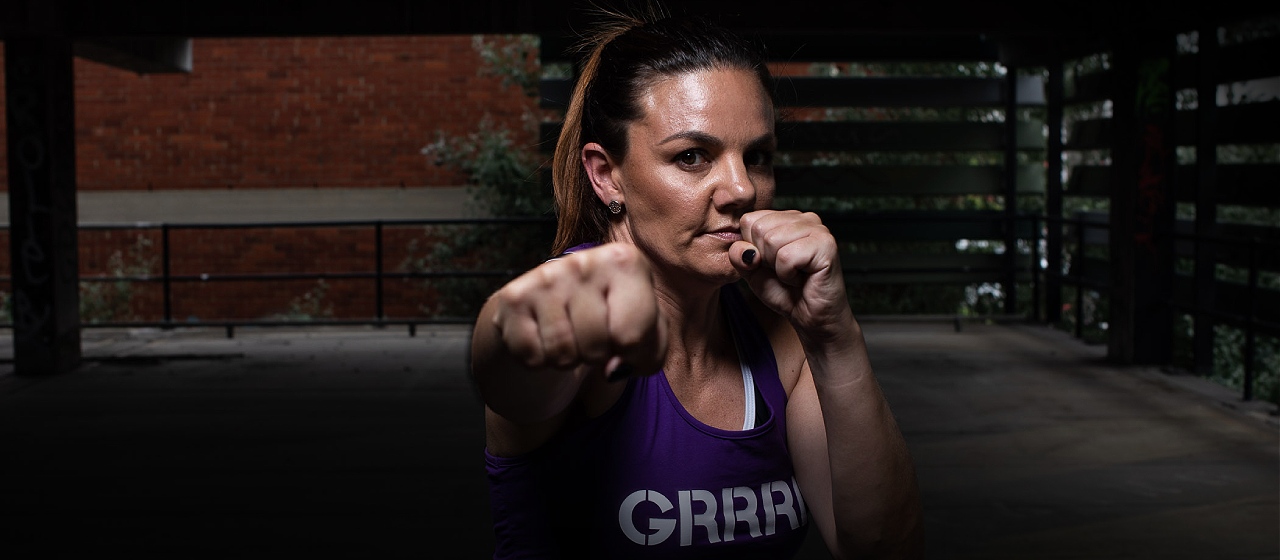
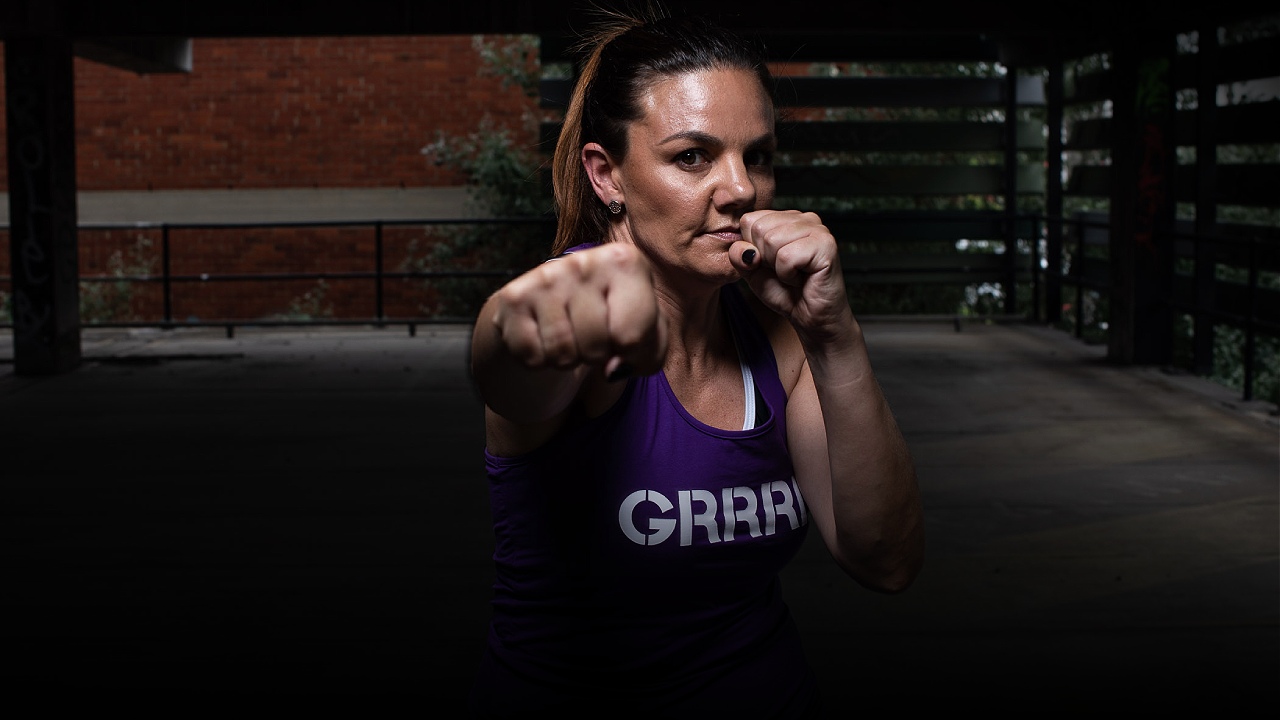
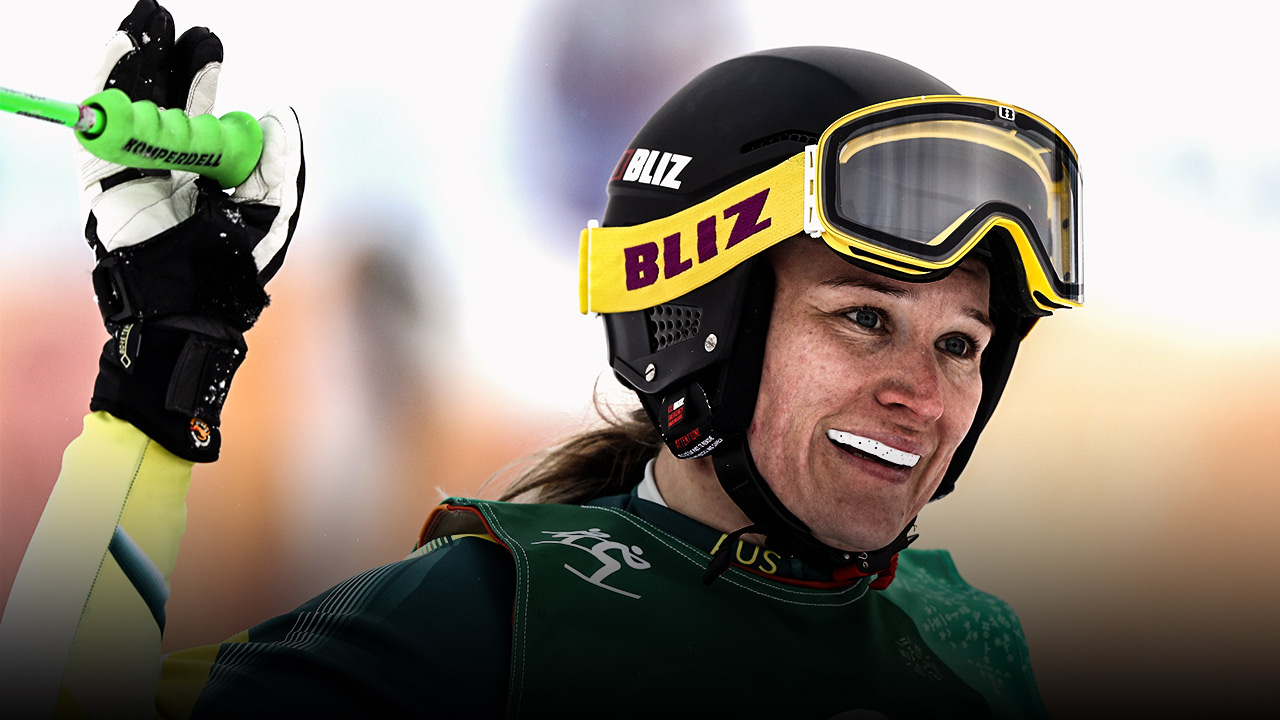

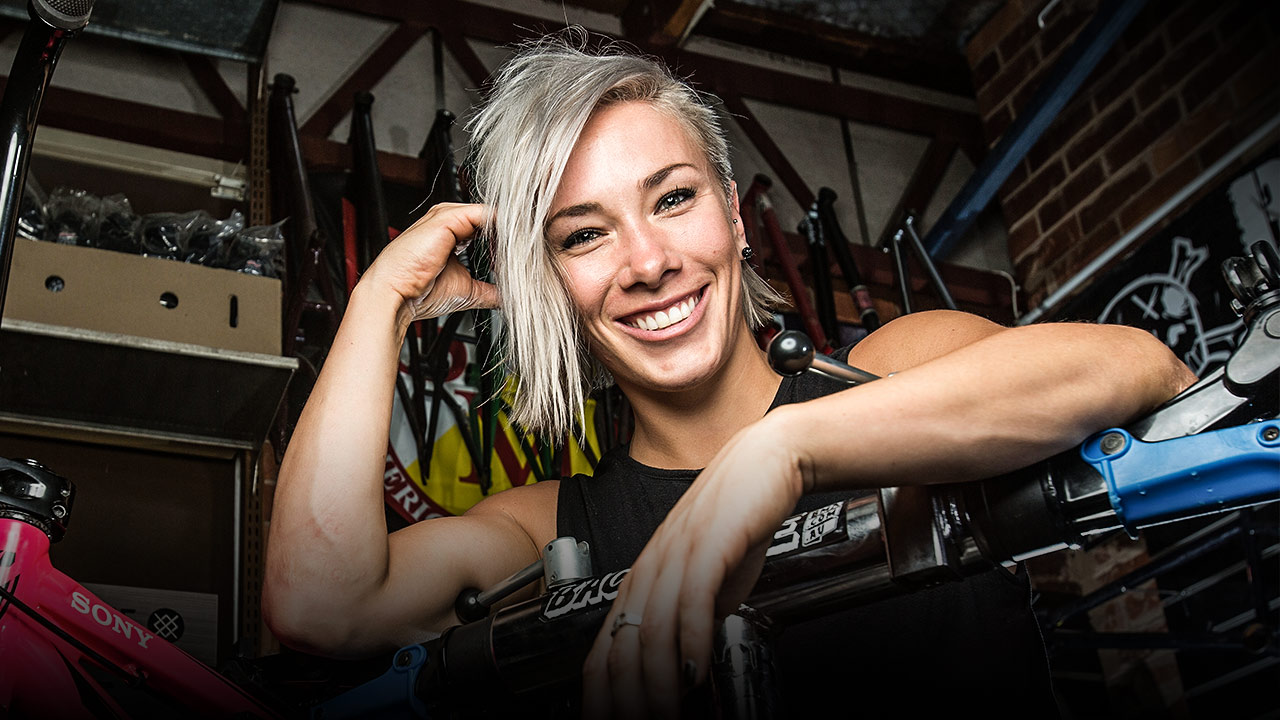
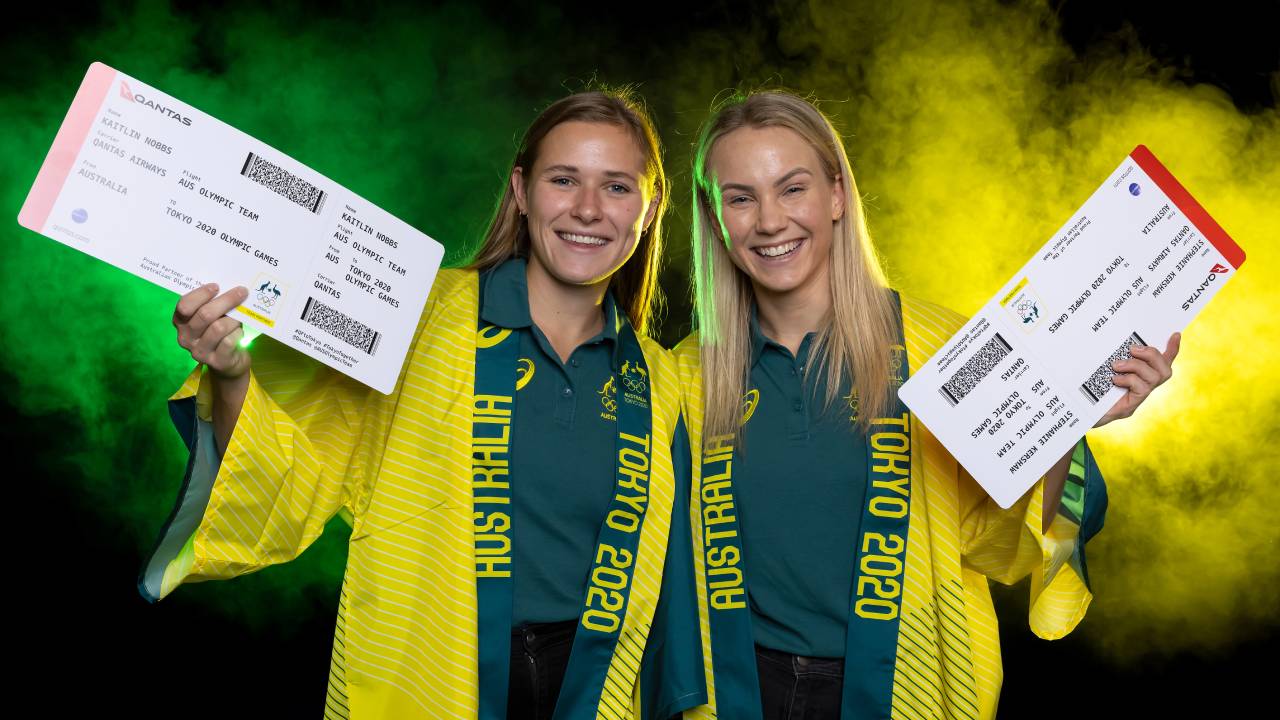
 Load More
Load More